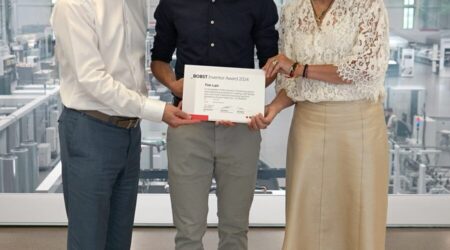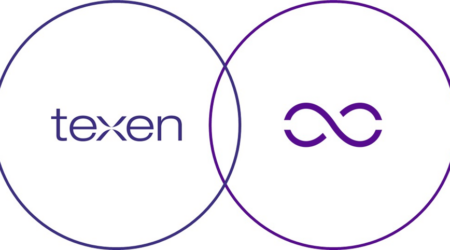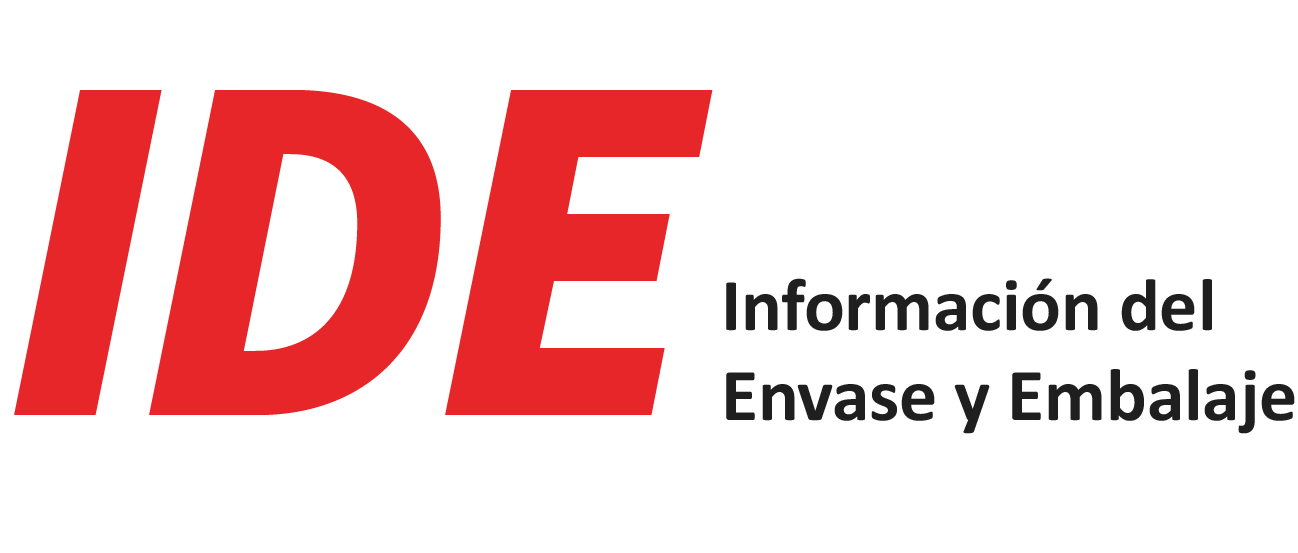Markem-Imaje rated among industry’s top 1% in sustainability for its main United States site by EcoVadis

Markem-Imaje, the global provider of end-to-end supply chain solutions and industrial marking and coding systems, has earned the EcoVadis Platinum Sustainability Rating, the world’s global reference in business sustainability ratings. The top rating ranks the Markem-Imaje US plant in Keene, New Hampshire, among the top 1% globally in its industry[1], from over 125,000 companies assessed globally. Keene is also the company’s largest site in the Americas and home to its Large Character Inkjet (LCIJ) operations as well as manufacturing the company’s acclaimed proprietary Touch Dry® inks.
The EcoVadis rating process assesses a company’s sustainability commitments, practices, and performance, and offers a clear roadmap for continuous improvement. This accomplishment comes just one year after receiving the EcoVadis Platinum rating for the company’s French site at Bourg-lès-Valence and three years after Keene first achieved the EcoVadis Gold Sustainability Rating. The Platinum award now places the company two categories above other leading global industrial coding companies underscoring its commitment to continuous development.
“We have been working with EcoVadis for many years and all our production sites are regularly evaluated. In the last year, we have achieved the highest rating for our two biggest sites, Keene and Bourg-lès-Valence. It is very important for us as this ESG recognition responds to both our customers’ requests and increased public demand for improved performance in environmental impact, labor and human rights, business ethics, and sustainable procurement,” says Vincent van der Poel, Markem-Imaje President and CEO.
“As an operating company of Dover Corporation, Markem-Imaje constantly increases its ESG efforts both across its business operations and crucially in the performance and impact of its solutions range.”
EcoVadis, the world’s largest and most comprehensive sustainability ratings system, evaluates 21 sustainability criteria across four core themes: Environment, Labor and Human Rights, Ethics and Sustainable Procurement, based on international sustainability standards. These include the Ten Principles of the United Nations Global Compact for corporate sustainability, the International Labour Organization (ILO) conventions, the Global Reporting Initiative (GRI) standards and the ISO 26000 standard.













